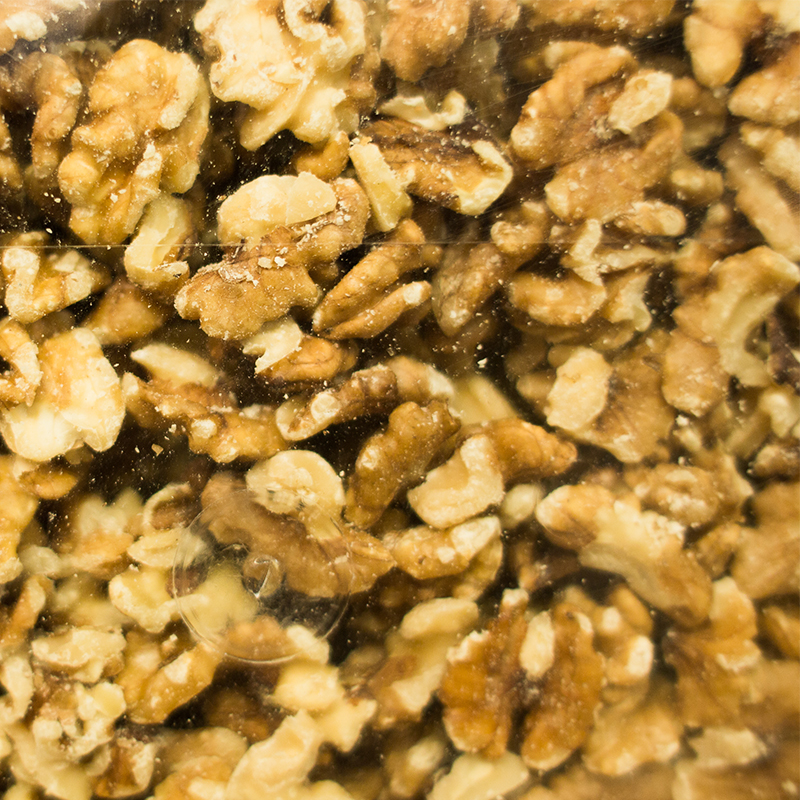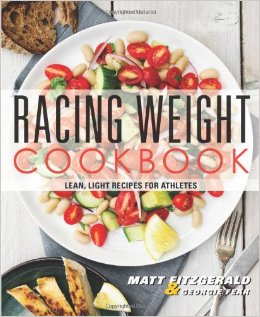The best runners in the world are from Kenya. They do not take any nutritional supplements. This is all the proof you need that you can maximize your own running performance without smart supplementation.
However, a select number of supplements can be helpful. Here’s my short list of smart supplements worth considering.
Multivitamins and Minerals
The practice of taking a daily multivitamin and mineral (MVM) supplement makes a lot of sense. Everyone understands that this type of supplement cannot make up for an unhealthy diet, but as a complement to a healthy diet it could, in principle, reduce the risk of common nutrient deficiencies such vitamin B12 and calcium.
However, there is very limited evidence that long-term use of MVM’s confers any measurable health benefits. On the other hand, there is no evidence whatsoever that they do any harm except when taken in excess (i.e. “megadosing”). So if you like the feeling of insurance you get from such products, keep taking them.
As a sports nutritionist, I seldom prescribe MLM’s to athletes. Instead, on a case by case basis, I encourage them to take specific vitamins and minerals, such as iron, in which they are actually or likely to be deficient.
Essential Fatty Acids
There are two types of dietary fat that are essential to human health but that the body cannot produce for itself. They go by the acronyms EPA and DHA and they both belong to the omega-3 class of dietary fats.
Because the body cannot make them, these omega-3 fats must be obtained from the diet and/or supplementation.
The average American diet contains very small amounts of these nutrients. The recommended daily intake of omega-3 fats is 1 to 3 grams. The average intake is just 130 mg.
Possible benefits of increased EPA and DHA intake for runners include reduced post-exercise inflammation, reduced muscle damage, improved body composition, improved cardiac efficiency.

The best food sources of omega-3 fats are fish, nuts, and seeds. If you don’t eat a lot of these foods, it’s a good idea to take a daily omega-3 supplement. The most popular ones are fish oil and flaxseed oil. Follow label directions.
Vitamin D
Vitamin D deficiency has become alarmingly widespread in recent years and is associated with consequences ranging from increased risk for some cancers to reduced athletic performance.
The main source of vitamin D is exposure to sunlight. One of the reasons vitamin D deficiency has become more widespread lately is that people aren’t spending as much time outdoors as they used to, and when they are outdoors, they’re often wearing sunscreens that block vitamin D synthesis.
Many experts now recommend that people get 15 to 20 minutes of direct skin exposure to sunlight a few times a week to prevent vitamin D deficiency.

In runners, maintaining adequate vitamin D status may reduce stress fractures, total body inflammation, common infectious illnesses, and impaired muscle function, and may also aid in recovery from injury.
Get your vitamin D levels checked by a physician at least once a year and supplement if necessary. Vitamin D3 is the preferred form. The recommended daily allowance is 600 IU.




